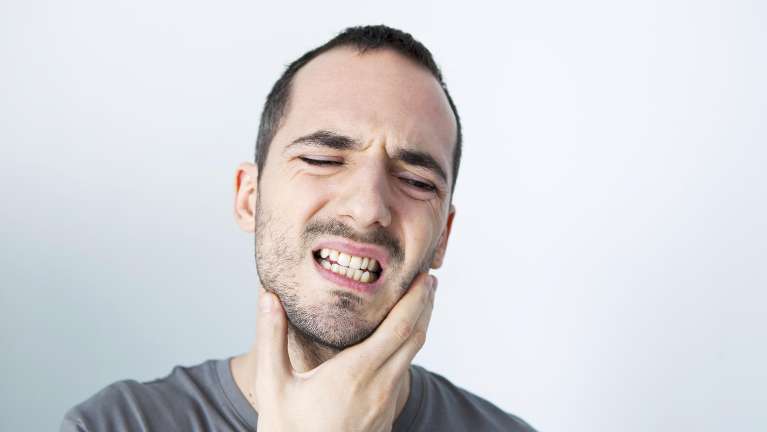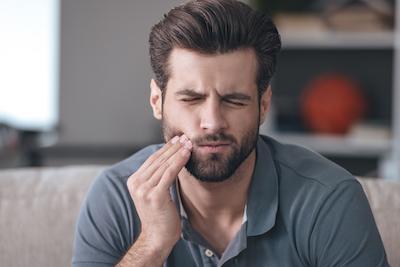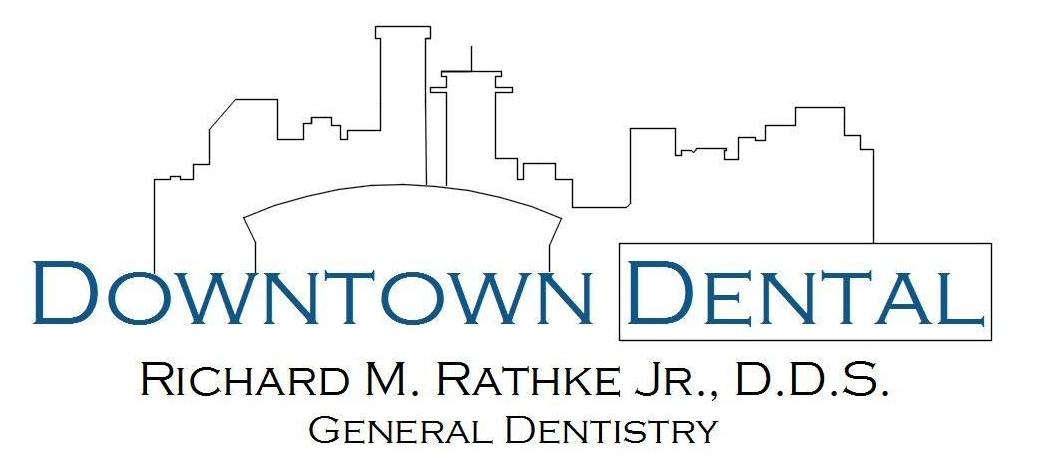
When you are experiencing pain, your main objective is to get the pain to stop; unfortunately, you may not know which doctor to call if the pain is in your jaw. Do you contact your regular physician, or do you call your dentist? If you have jaw pain, it could be a temporomandibular disorder or TMD. So, what is TMD, and who should you see for treatment? The answer may lie in multidisciplinary care from more than one healthcare professional in New Orleans, LA. Let’s look at your possible treatment options for this complex condition.
What is TMD?
TMD, or temporomandibular disorders, occur when your jaw muscles, temporomandibular joints, and nerves are not working together as they should, and this can lead to chronic facial pain. Basically, you have two joints connecting your jaw to your skull, called the temporomandibular joints, or TMJ. One of these joints is your mandible (lower jaw), and the other is your temporal bone, located on the side and at the base of your skull.
These joints are highly complex; when working correctly, you can talk, eat, swallow, and yawn correctly. However, if they are not working correctly, you may experience the following symptoms:
- Myofascial pain – Pain in the connective tissue that controls your neck, shoulder, and jaw.
- Internal derangement of the joint – A displaced disk or dislocated jaw
- Degenerative joint disease – Arthritis in your jaw jointYouu may have more than one TMD disorder simultaneously.
What Causes TMD?
It is unclear as to what is the actual cause of TMD disorders, but it is believed to be one of the following:
- Straining the joints and muscles in the jaw, often due to bruxism
- Injuring the neck, head, or jaw
- Displacing jaw joint disks
- Arthritis
What Are the Symptoms of TMD?
It’s important to note that TMD can seem like other medical disorders or health problems, so it is best to see your dentist in 70130 for a diagnosis. Your dentist can help you create the best possible treatment plan. TMD symptoms may include any combination of the following:
- A sore jaw, mainly in the morning and at night
- Ear pain or ringing in the ears
- Headaches or dizziness
- Pain in the neck, back, shoulder, or face
- Jaw locking or limited mouth movement
- Teeth grinding or clenching
- Teeth sensitivity
How Do Doctors Diagnose TMD?
If your dentist or healthcare provider suspects a TMD disorder, they will gather information about your health history to determine whether you are experiencing difficulty chewing, biting, or opening your mouth. In addition, they will ask you about jaw or facial pain and if you can hear popping or cracking noises when you open or close your mouth.
Next, your doctor will conduct a physical examination to evaluate your symptoms.
If necessary, your doctor will order imaging tests, such as x-rays, MRIs, or CT scans, to gather more information.
What TMD Treatment Is Available?
Depending on the severity of your TMD, as well as your age and health, your dentist may recommend the following treatment:
- Resting your TMJ
- An oral appliance or mouthguard to help with bruxism (teeth grinding)
- Medications or hot/cold packs
- Physical therapy
- Relaxation or stress-reduction techniques
- Behavior and dietary modifications
- Surgery
Because stressful situations can trigger your TMD symptoms, you must pay attention to what conditions cause your symptoms to increase in severity and learn to adapt accordingly.
Is Multidisciplinary Care an Option for TMD?
Temporomandibular Disorder is a complicated disorder that falls into the realm of both a dental and medical condition, so considering care from both your dentist and your other healthcare providers may be in order. The following additional treatment options are sometimes used to help with TMD:
- Acupuncture
- Massage therapy
- Ultrasound therapy
- Psychological treatment
 What Can Cause Your TMD Symptoms to Worsen?
What Can Cause Your TMD Symptoms to Worsen?
Along with treatment from your dentist and other healthcare professionals, some habits are believed to worsen your TMD symptoms. These habits include the following:
- Using your teeth to tear packages open or take clothing tags off
- Practicing poor posture and putting excess pressure on your shoulder, neck, and face
- Chewing on objects like pens or pencils
- Chewing gum or ice excessively
- Overworking your jaw muscles by taking large bites of food
- Clenching or grinding your teeth
- Sleeping on your stomach
Are You Concerned About TMD or Gum Disease in New Orleans, LA?
If you want more information on TMD disorders or want to schedule an appointment with our dental office, call (504) 528-7800. At Downtown Dental, we want you to help alleviate your pain and discomfort from TMD or any other dental issues you may be experiencing. By combining treatment from our office and other healthcare providers and focusing on multidisciplinary care for our patients, we hope to provide you with the best possible treatment.

